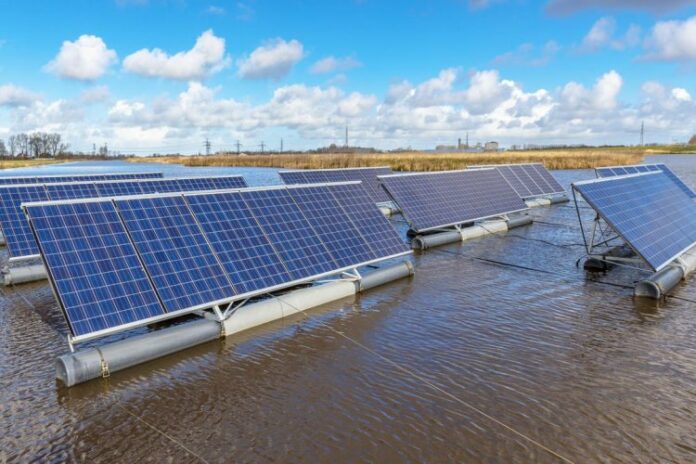INNOSEA has announced its appointment to join the European Research and Development project for Bringing Offshore Ocean Sun to the Global Market (“BOOST”).
The 4m€ BOOST project, funded and led by the European Commission, aims to design and deliver solutions to build a full-scale 0,25MWp Floating Solar Photovoltaic (“FPV”) in Europe’s sunniest area, the Canary Islands. The offshore test location offers unique environmental challenges to the engineering, with waves of up to 10m and high winds. The contract runs for a duration of approximately 30 months, with work having already officially commenced in January 2021.
The project, as part of the Horizon 2020 programme, is being developed by a consortium of partners including: Fred Olsen Renewables AS; Ocean Sun AS; PLOCAN; and The Institute of Technology of the Canary Islands (ITC).
This appointment follows INNOSEA’s other recent appointment to a multi-national R&D project funded by the European Commission, following their appointment to the TRUST-PV R&D project in Q2 2020. Overall, Innosea will be investing over 100 person months in floating solar R&D to stay at the edge of this emerging sector.
INNOSEA specialises in engineering advisory, feasibility, verification, and consultancy services for marine renewable energies. With offices in Nantes, France and Edinburgh, UK, it is part of AqualisBraemar LOC.
Benoit Briere, INNOSEA Project Manager for BOOST, commented:
“The team at INNOSEA is delighted to have been appointed to join the BOOST project, an innovative programme that aims to deliver offshore floating solar technology to the Canary Islands. Being appointed to a 2nd H2020 grant is a testament to the work INNOSEA has been doing in the floating solar PVs market. Europe’s solar PV plants are currently the smallest in the world in terms of their average size, due to challenges in finding the required land space. BOOST addresses this issue by investing in analyses and the development of solutions to mooring and floating technology, that will support larger-scale floating solar PV developments – combating head-on the issue of land restrictions.”



